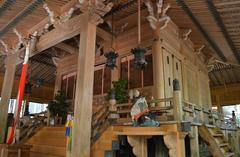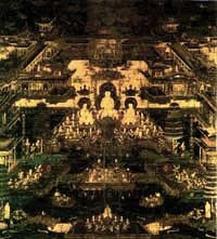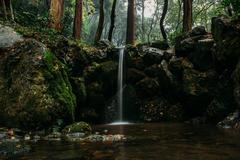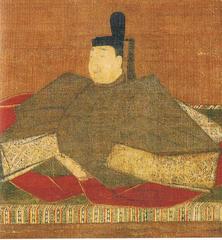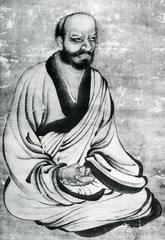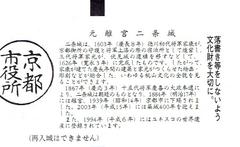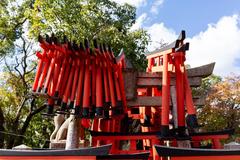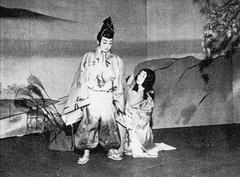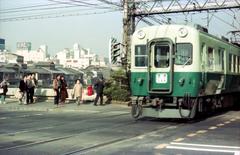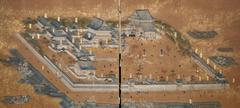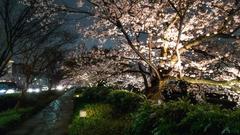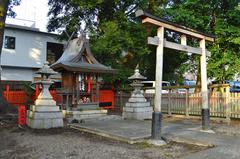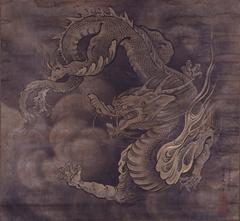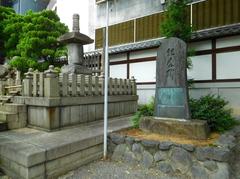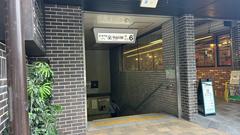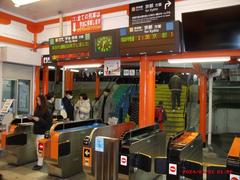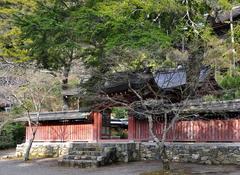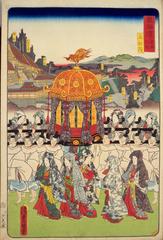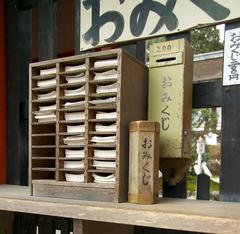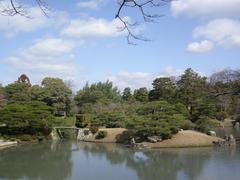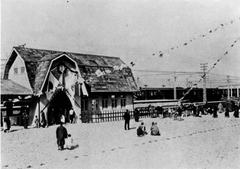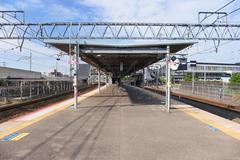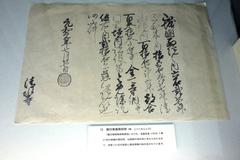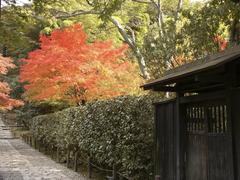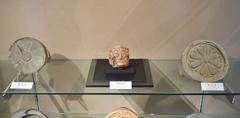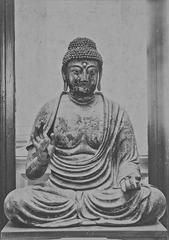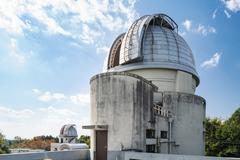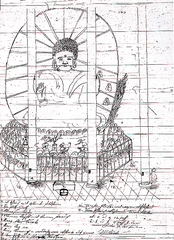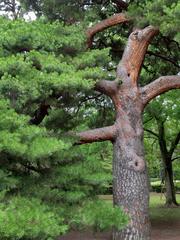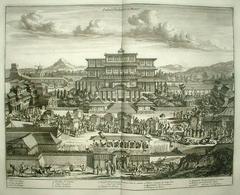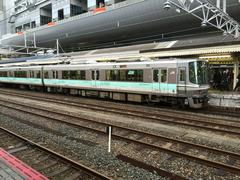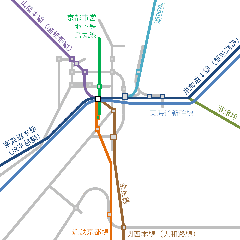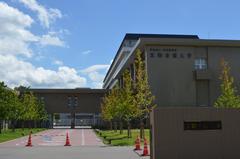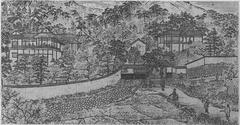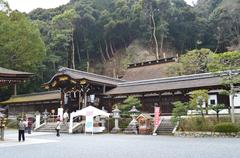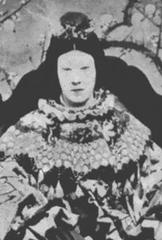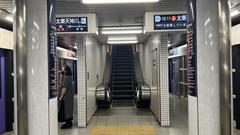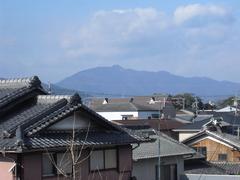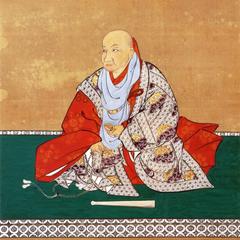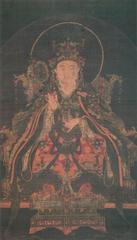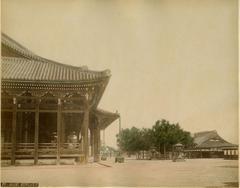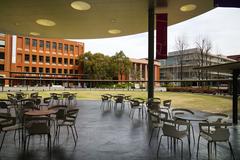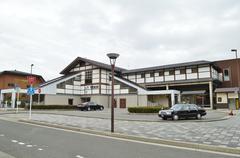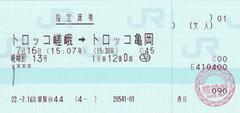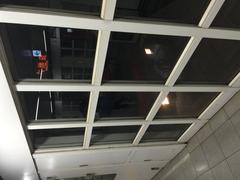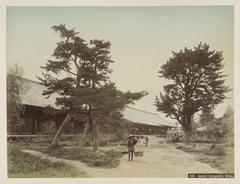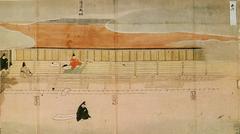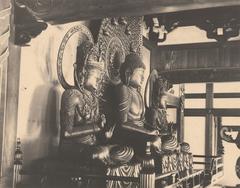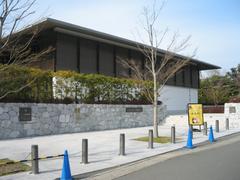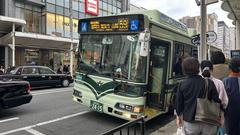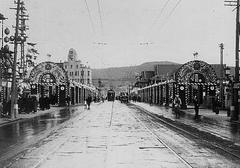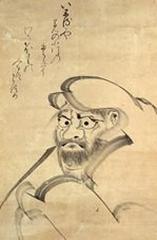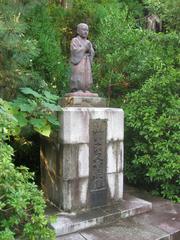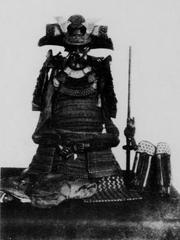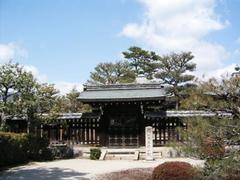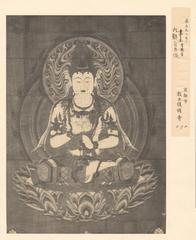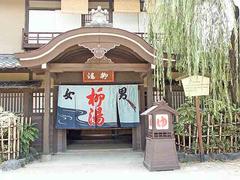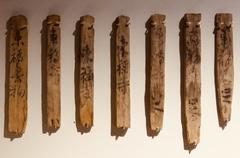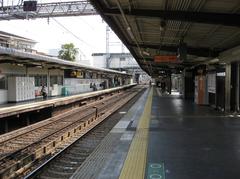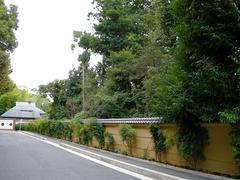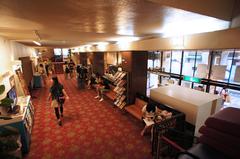Ikenobo College Kyoto: Visiting Hours, Tickets, and Historical Significance Guide
Date: 03/07/2025
Introduction to Ikenobo College and What to Expect
Set in the historic heart of Kyoto, Ikenobo College is a living monument to the ancient Japanese art of ikebana—floral arrangement as both cultural expression and contemplative practice. As the educational branch of the Ikenobo School, the oldest ikebana school in Japan, the college offers a unique immersion into centuries-old traditions while embracing contemporary creativity and global outreach (Ikenobo Zurich; Ikebana by Junko). Visitors can explore classic ikebana styles, participate in hands-on workshops, and enjoy seasonal exhibitions, all within the context of Kyoto’s vibrant cultural landscape (Study Kyoto; MATCHA).
This guide delivers a detailed overview of Ikenobo College’s history, significance, practical visitor information, and annual highlights to help you plan a meaningful visit.
Table of Contents
- Welcome to Ikenobo College: A Must-Visit Cultural Site in Kyoto
- Ikenobo College: Historical Background
- Visiting Ikenobo College: Essential Information
- Educational Philosophy and Cultural Integration
- Academic Programs and Public Engagement
- Annual Events and Ikebana Exhibitions 2025
- Frequently Asked Questions (FAQ)
- Visitor Tips and Conclusion
- References and Further Reading
Welcome to Ikenobo College: A Cultural Landmark in Kyoto
Ikenobo College stands as a beacon of Japanese cultural heritage, offering both locals and international visitors an opportunity to experience ikebana in its birthplace. The college’s proximity to Rokkakudo Temple—the spiritual home of ikebana—and its integration with Kyoto’s network of historical sites make it a must-see for anyone interested in Japanese arts, history, or spirituality.
Ikenobo College: Historical Background
Origins of the Ikenobo Ikebana Tradition
The roots of Ikenobo ikebana reach back over 1,400 years to Kyoto’s Rokkakudo Temple, founded in 587 CE by Prince Shōtoku. The temple’s priests, referred to as “Ikenobo” (“priest of the pond”), began arranging flowers as sacred offerings, a practice introduced from China in the 7th century (Ikenobo Zurich; Ikebana by Junko). By the 15th century, under figures like Senkei Ikenobo, the practice evolved from religious ritual to an art form, with the oldest known references to “Ikenobo” found in Zen monk diaries (Ikebana by Junko). The school formalized its methods and became highly influential in Japanese culture.
The Founding and Evolution of Ikenobo College
Ikenobo College was established as the educational center of the Ikenobo School to preserve and innovate the art of ikebana. Located near Shijo Karasuma and adjacent to Rokkakudo Temple in central Kyoto, the college incorporates ikebana into a broader curriculum of Japanese arts, including tea ceremony and confectionery (Study Kyoto). Both Japanese and international students are welcomed, supporting global appreciation for the art.
Modernization and Leadership
Balancing tradition with modernity, the Ikenobo School has adapted its teaching and styles. For example, in 1977, Ikenobo Sen’ei (the 45th Head Master) created the Shimputai style, and in 1999, the classical Rikka form was updated for contemporary audiences (Ikebana by Junko). The leadership legacy continues with Yuki Ikenobo, poised to become the first female Head Master (Ikenobo Zurich).
Visiting Ikenobo College: Essential Information
Location and Access
- Address: Shijo Karasuma area, Kyoto; near Rokkakudo Temple (Google Maps).
- Getting There: Accessible from Shijo Station (Subway Karasuma Line) and Karasuma Station (Hankyu Kyoto Line); within walking distance from major city landmarks.
Visiting Hours, Tickets, and Accessibility
- Regular Hours: 10:00 AM – 5:00 PM (last entry 4:30 PM); some exhibitions open at 9:00 AM (ikenobo.jp). Hours may vary during special events.
- Tickets: General entry is often free; guided tours and special exhibitions may cost ¥800–¥1,200. Purchase tickets onsite or online (Ikenobo website).
- Accessibility: Wheelchair friendly; ramps and elevators available.
Guided Tours, Events, and Nearby Attractions
- Guided Tours: Available in English and Japanese; advance booking recommended.
- Workshops: Hands-on ikebana experiences available for a fee; check schedules online.
- Nearby Attractions: Rokkakudo Temple, Nijo Castle, Nishiki Market, Kyoto International Manga Museum, and historic Gion district (Trek Zone).
Photography and Visitor Etiquette
- Photography: Permitted in exhibition areas unless otherwise indicated.
- Etiquette: Dress modestly, behave respectfully, and maintain a quiet atmosphere, especially during ceremonies (Lonely Planet).
Educational Philosophy and Cultural Integration
Ikenobo College teaches that ikebana is not mere decoration but a practice of mindfulness, harmony, and respect for nature. The curriculum includes both traditional and modern styles—Rikka, Shoka, and Jiyuka—encouraging technical skill and creative expression (Study Kyoto; Ikenobo Zurich).
The college’s international outreach includes multilingual programs and collaborations with cultural organizations, fostering a global ikebana community (The Kyoto Project).
Academic Programs and Public Engagement
Academic Structure
Ikenobo College offers specialty two-year programs in:
- Culture and Arts: Ikebana, floral design, bridal planning, and medical clerking.
- Environment and Culture: Confectionery, total beauty, and international management (Ikenobo College Official).
- Early Childhood Education & Nursing: Nursery and kindergarten teacher training (Ikenobo College Courses).
All students study ikebana as a core subject, emphasizing traditional values and artistry (Univ Journal).
Public Engagement
- Exhibitions: Regular displays of student and faculty works at the Ikenobo Headquarters’ Karasuma Stage.
- Workshops: Open campus events and public ikebana classes.
- Festivals: Participation in Kyoto’s Gion Festival and other cultural events.
Annual Events and Ikebana Exhibitions 2025
Ikenobo Tanabata Autumn Exhibition
- Dates: November 12–17, 2025
- Venues: Ikenobo Headquarters & Kyoto Daimaru Department Store
- Highlights: Approx. 900 arrangements from master and youth artists; refreshed displays every two days; theme “Flowers, Lives, Future” (MATCHA).
Ikenobo Ikebana Exhibition at Expo 2025 Osaka, Kansai
- Dates: April 13–20, 2025
- Venue: Expo 2025 East Gallery, Osaka (Ikebana HQ).
Kyoto International Ikebana Exhibition
- Dates: April 26–27, 2025
- Venue: Kyoto International Conference Center (Ikebana HQ).
Workshops and Special Public Viewings
- Otonami Workshops: January–March 2025 at Hotel Emion Kyoto.
- Winter Public Viewing: January 10–March 18, 2025 at Choho-ji (Rokkakudo) Temple; includes rare cultural properties (MATCHA).
Frequently Asked Questions (FAQ)
Q: What are the regular visiting hours of Ikenobo College?
A: Generally 10:00 AM–5:00 PM (last entry 4:30 PM); some venues open at 9:00 AM. Check the official Ikenobo website for updates.
Q: How do I purchase tickets for exhibitions and workshops?
A: Tickets are available onsite and online. Advance booking is recommended for popular events.
Q: Are guided tours available?
A: Yes, in English and Japanese; book ahead, especially during major exhibitions.
Q: Is the campus accessible?
A: Yes, with ramps, elevators, and staff assistance for visitors with disabilities.
Q: Can I take photographs?
A: Generally yes, but follow posted guidelines at each venue.
Visitor Tips and Conclusion
- Plan Ahead: Check schedules, book tickets, and arrive early for major exhibitions.
- Combine Visits: Explore nearby attractions such as Rokkakudo Temple, Nijo Castle, and Nishiki Market.
- Cultural Etiquette: Dress appropriately and respect the tranquil atmosphere.
- Stay Updated: Download the Audiala app for curated tours and follow Ikenobo on social media for news on exhibitions and workshops.
Ikenobo College is more than an educational institution—it is a gateway to the living heritage of ikebana, where ancient tradition and contemporary creativity meet. By visiting, you become part of a centuries-old legacy that continues to inspire, educate, and connect people from around the world.
References and Further Reading
- Ikenobo Zurich: Ikenobo Ikebana tradition and styles
- Ikebana by Junko: History and modernization of Ikenobo Ikebana
- Study Kyoto: Ikenobo College educational programs and visitor information
- MATCHA: Ikenobo Tanabata Autumn Exhibition and cultural events
- ikenobo.jp: Official Ikenobo website and exhibition details
- kogeiart.kyoto.jp: Historical roots of Ikenobo and ikebana
- petalrepublic.com: Ikebana philosophy and practice
- Lonely Planet: Kyoto travel tips and cultural etiquette
- Trek Zone: Ikenobo College Kyoto location and nearby attractions
- Ikebana HQ: Upcoming exhibitions and events


